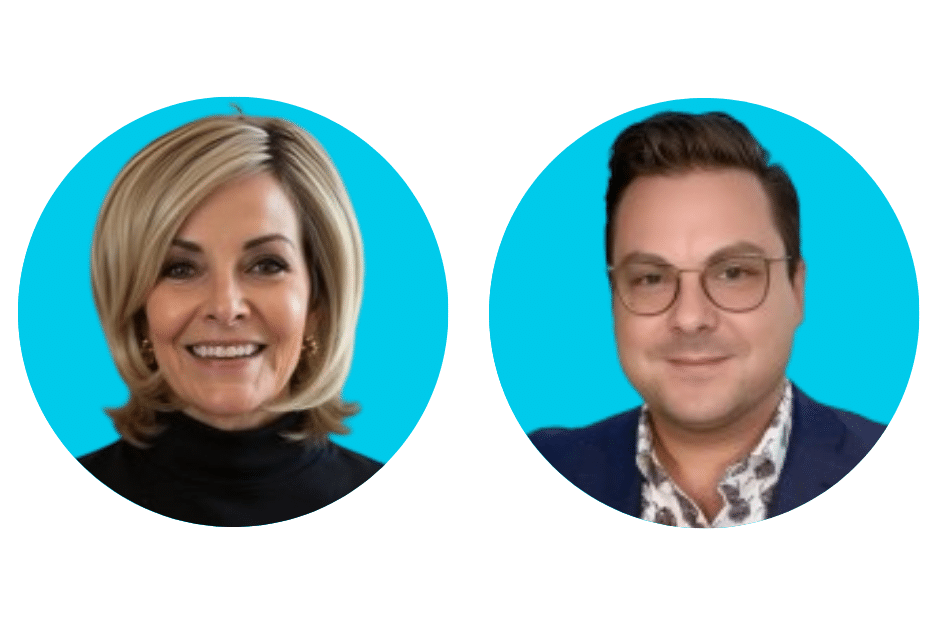
Glenna Crooks, PhD and Paul Hambly, EVP of Supply at Toluna
AI is transforming industries across the board, and healthcare is no exception. This is the seventh in a series of articles reviewing physicians’ perspectives on GenAI. This article explores their concerns about regulatory challenges, uncovering an overall lack of confidence in regulatory processes and several features of GenAI technology they believe will challenge regulators.
Regulatory readiness gap
Notably, fewer than half (43%) of physicians are confident that regulatory processes and oversight will succeed in ensuring GenAI is safe to use for patient care. Pediatricians express the least confidence in regulatory processes; only 29% are confident, compared to those who care for adults (44%) or both children and adults (46%).
Rocky regulatory terrain
Driving physicians’ lack of confidence is a concern about GenAI features that they view as troublesome:

Unearned trust risks
One overarching concern stands out for most physicians that is worth special note. 75% agree that GenAI is “built to be fast and convincing, not cautious and accurate.” Their concern, therefore, is that its «warmth, patience, and kindness lead people to trust it more than they should.» Speed and empathy are features that may challenge regulators and clinicians the most as GenAI applications become part of the healthcare landscape.
Coming next:
Our next article will explore a method that physicians have traditionally used to build trust with patients and peers: the oath. We’ll investigate whether physicians would endorse an Oath for GenAI in healthcare
Endnote:
As part of our “AI Everywhere” strategy, Toluna is committed to helping organizations navigate the opportunities and responsibilities that AI brings with it. We partnered with Glenna Crooks, PhD, a recognized policy strategist in global healthcare, to engage over 2,000 physicians on their views of generative AI.[1]
Using Curizon, Toluna’s proprietary panel of healthcare professionals, we explored perceived benefits and risks of AI in healthcare, accountability in the event of harm, and the need for ethical guidelines. The research also examined the advisability of a GenAI Oath modeled after traditional oaths taken by healthcare professionals.
[1]This survey was scripted and programmed by Toluna and fielded in February 2025 with 2,739 healthcare professionals in Toluna’s proprietary healthcare panel Curizon. Survey author: PersonaPanels & Glenna Crooks, PhD. All percentage data points and significance markers (p < 0.05) are derived directly from the survey cross-tabulation analysis.




